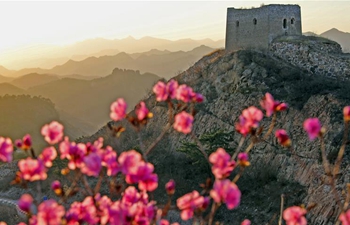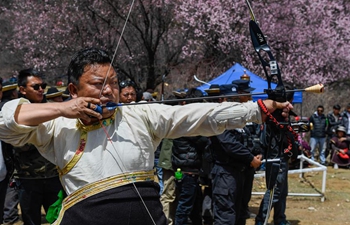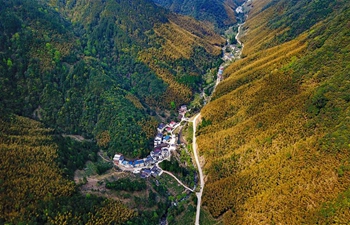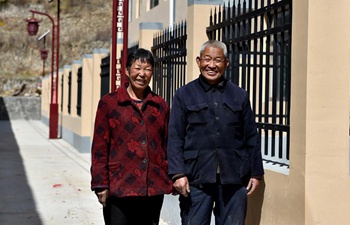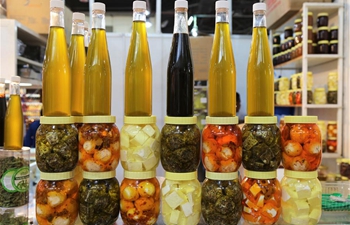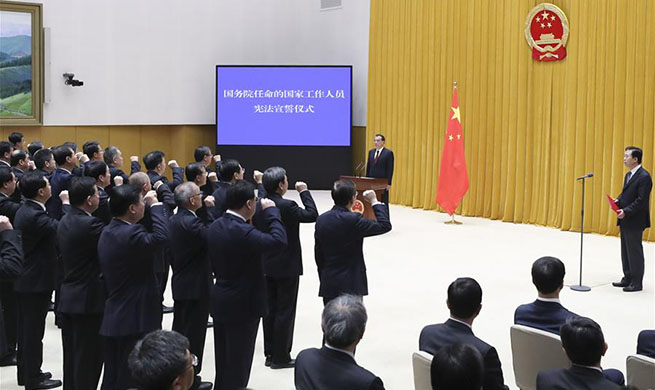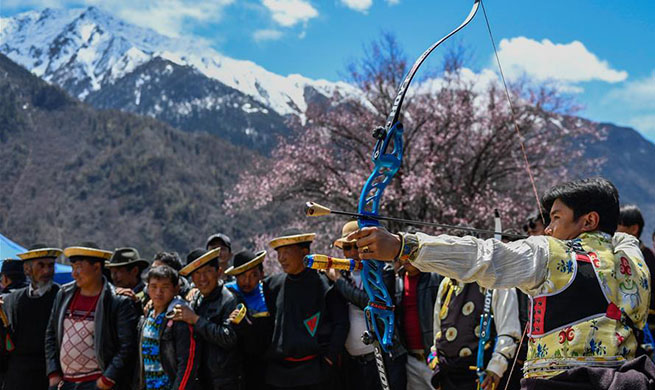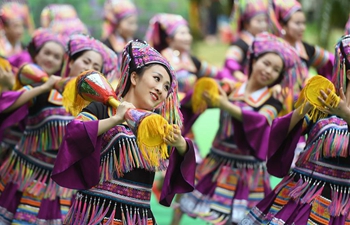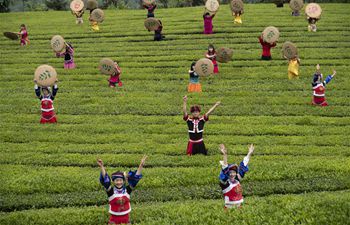SYDNEY, April 17 (Xinhua) -- For the past four decades Aussie farmers and the New South Wales State (NSW) Department of Primary Industries have been working with Chinese livestock producers to find more sustainable ways to raise cattle, sheep, goats and yaks.
The enduring partnership started all the way back in 1981 with Australian Professor David Michalk, who developed grazing strategies for native grasslands alongside researchers at Gansu Agricultural University, Lanzhou University and Inner Mongolia Agricultural University in China.
For his outstanding contribution to agriculture and his efforts in helping reduce poverty by dramatically improving household livestock enterprises, Michalk received the prestigious China Friendship Award in 2008.
But while the professor is now retired, his legacy lives on as Aussie agricultural scientists and Chinese farmers continue to look for better ways to manage grasslands.
One of those Aussies playing a key role in this partnership today is research leader in rangelands and tropical pastures at the NSW Department of Primary Industries, Warwick Badgery.
"Part of my role has been to work with Chinese scientists, Chinese research organizations and mentor Chinese students to help them plan their work, carry out and then publish that research," he told Xinhua.
Among the top priorities according to Badgery, is teaching farmers that they should think of their grassland as the resource, not the livestock.
"In the past, the way China has increased its meat production was through increasing animal numbers and that basically reached unsustainable levels and so the animal production per head has decreased," he explained.
"So from the work we have done in Australia and the relationships that we know, we think they can produce the same level of production with a reduction in stocking rate in the order of 30-40 percent."
"Generally we know if we are utilizing about 40-50 percent of the grass or less it's sustainable, but if that starts creeping up that's when we start to have soil erosion problems."
Although Badgery said it can be a challenge trying convince farmers they can "get more with less," once they see the outcomes demonstrated it has a cascading effect.
"It's one thing to see and read about something, it's another to take that trust and actually do it and by doing you actually see the outcomes," Badgery said.




